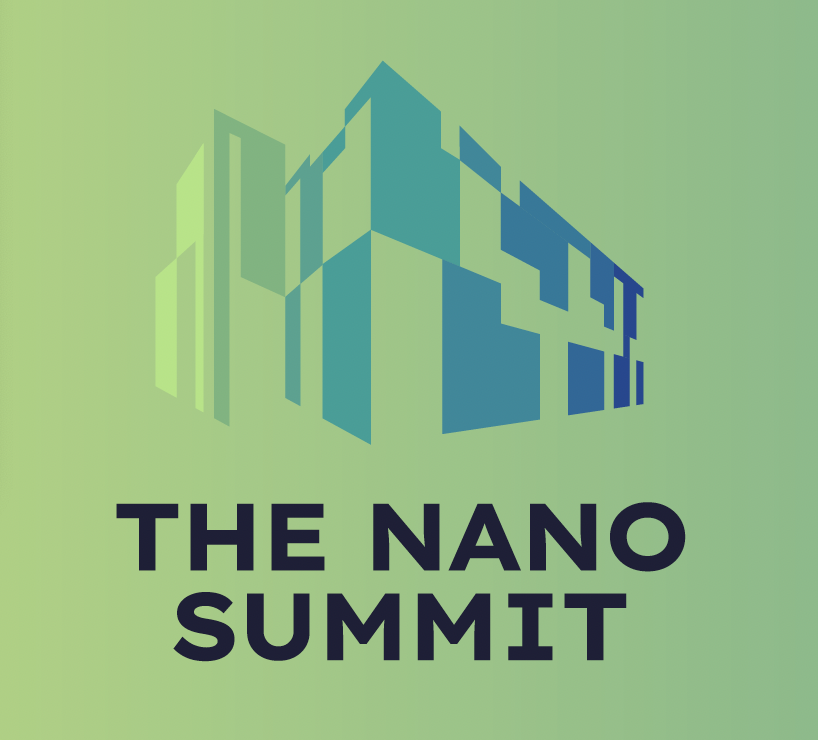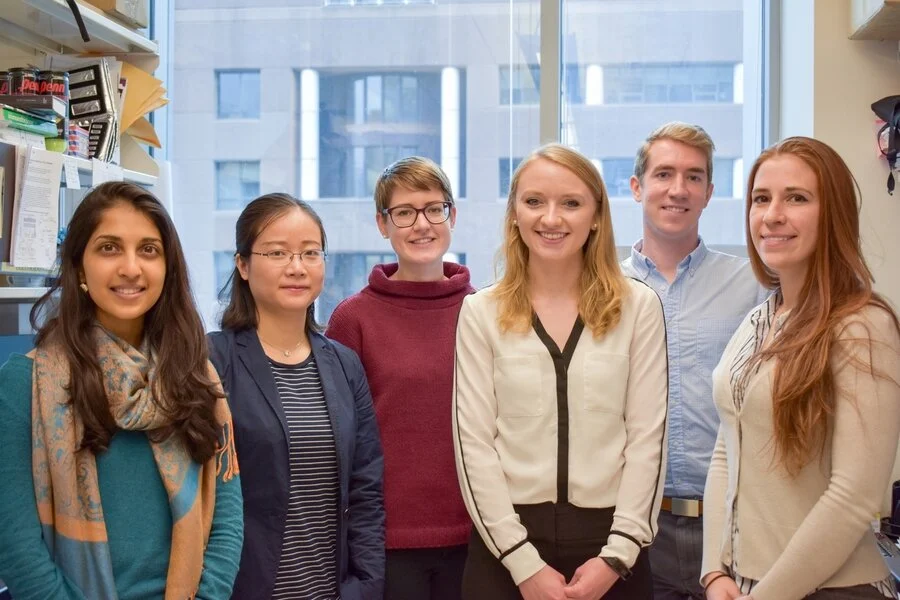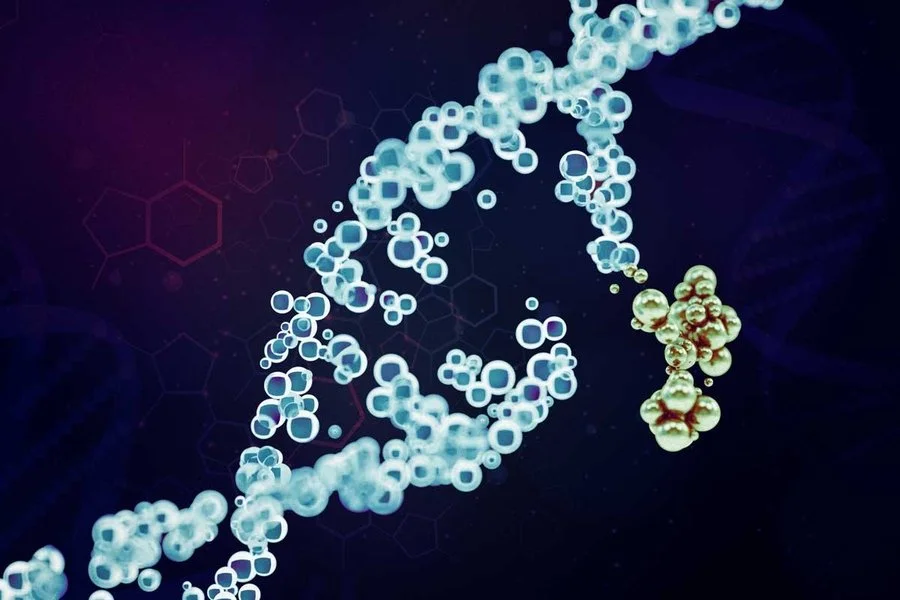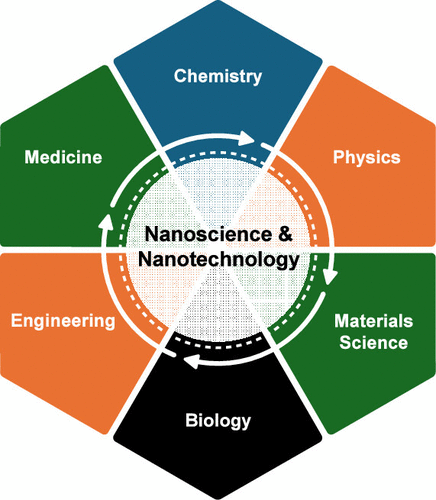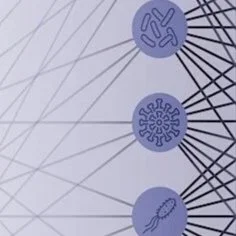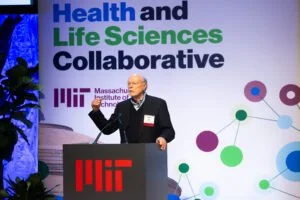October Bulletin
Issue 109
Community Notices
Marble Center Seminar with the Langer Lab, October 6th (4-5pm, Luria Auditorium)
Next Marble Center seminar is on Monday October 6th (4-5pm) at the KI Luria Auditorium with a research talk by Dr. Vikash P. Chauhan of the Langer lab on “Engineered prime editors with minimal genomic errors.”
Following the talk, we will have a hot topic presentation by Drs. Amy Lee and Khanh Tran of the Jaklenec Lab on how nanomedicine can impact the future of women's health.
The 2025 MIT.Nano Summit, October 1, 2025
The Nano Summit is MIT.nano's flagship conference, showcasing groundbreaking advancements in nanoscience and nanotechnology. The conference is ideal for researchers, industry professionals, entrepreneurs, and students interested in the latest developments in cutting-edge research, emerging technologies, and real-world applications.
Recording of Dr. David Edwards’ talk now available
Check out the recording of last month’s Marble Center distinguished seminar on “Controlled release of water to treat airway respiratory disease provoked by global warming.”
Apply for the Convergence Scholars Award
The Koch Institute is now accepting applications for the 2026 Convergence Scholars Award. Any postdoctoral trainee in a KI-affiliated laboratory (intramural or extramural) is eligible to apply. Preference will be given to postdocs working on projects in cancer or with clear relevance to cancer.
This award recognizes postdoctoral trainees who are performing interdisciplinary research and express interest in further developing their skillsets. Supported by philanthropic funds, the award provides $2000 to be spent on items related to professional development. This is the prize component of the Koch Institute’s Convergence Scholars Program, which organizes workshop-like events throughout the year focused on career growth and topics outside of the bench, bringing together biologists and engineers. Awardees will also serve on the leadership committee of the KI Postdoctoral Association for the current academic year.
Applications must be submitted to ki-fellowships@mit.edu by Tuesday, October 21, at noon.
News
National Nano Day is on October 9th: Celebrate how the world’s smallest technologies shape our daily lives!
The annual National Nanotechnology Day takes place on October 9, a date chosen to honor the nanometer scale (10-9 meters). This nationwide celebration highlights how nanotechnology enriches our daily lives today and the exciting opportunities it offers for the future. Schools, universities, and organizations across the country will join in to showcase and explore the impact of this transformative science. Read more…
A more precise way to edit the genome
(Anne Trafton | MIT News) A genome-editing technique known as prime editing holds potential for treating many diseases by transforming faulty genes into functional ones. However, the process carries a small chance of inserting errors that could be harmful. MIT researchers have now found a way to dramatically lower the error rate of prime editing, using modified versions of the proteins involved in the process. This advance could make it easier to develop gene therapy treatments for a variety of diseases, the researchers say.
“In principle, this technology could eventually be used to address many hundreds of genetic diseases by correcting small mutations directly in cells and tissues,” Vikash Chauhan says. Credits: Image: MIT News; iStock
“This paper outlines a new approach to doing gene editing that doesn’t complicate the delivery system and doesn’t add additional steps, but results in a much more precise edit with fewer unwanted mutations,” says Phillip Sharp, an MIT Institute Professor Emeritus, a member of MIT’s Koch Institute for Integrative Cancer Research, and one of the senior authors of the new study. With their new strategy, the MIT team was able to improve the error rate of prime editors from about one error in seven edits to one in 101 for the most-used editing mode, or from one error in 122 edits to one in 543 for a high-precision mode.
“For any drug, what you want is something that is effective, but with as few side effects as possible,” says Robert Langer, the David H. Koch Institute Professor at MIT, a member of the Koch Institute, and one of the senior authors of the new study. “For any disease where you might do genome editing, I would think this would ultimately be a safer, better way of doing it.” Read more…
Research Focus: 33 unresolved questions in nanoscience and nanotechnology
Nanoscience and nanotechnology have united disciplines.
(ACS Nano Focus) Significant advances in science and engineering often emerge at the intersections of disciplines. Nanoscience and nanotechnology are inherently interdisciplinary, uniting researchers from chemistry, physics, biology, medicine, materials science, and engineering. This convergence has fostered novel ways of thinking and enabled the development of materials, tools, and technologies that have transformed both basic and applied research, as well as how we address critical societal challenges.
The authors pose and explore 33 questions whose answers could profoundly impact fields such as energy, electronics, the environment, optics, and medicine. These questions highlight the need for deeper foundational understanding, improved tools and techniques, and innovative applications─each with significant societal relevance. Together, they represent a global call-to-action for the scientific community. Read more…
Job opportunities
Associate or Senior Editor, Nature Nanotechnology. Nature Nanotechnology is seeking an editor to join their editorial team. We especially encourage applications from physicists or materials scientists with expertise in one or more of the following research areas: nanophotonics, nonlinear optics, near-field optics, ultrafast spectroscopy, metamaterials, nanoscale thermal transport, or related applications (e.g., displays, cameras, optical computing, encryption technologies). The ideal candidate will have a critical eye, a deep understanding of their subject and interests beyond, and be able to think on their feet. This is a permanent position within the Nature Portfolio. The successful candidate will primarily support Nature Nanotechnology and may collaborate closely with other Nature Portfolio journals as needed. Please note that responsibilities and journal assignments may evolve over time in response to portfolio needs. Key responsibilities include: handling original research papers and working closely with the editorial team on all aspects of the editorial process, including manuscript selection and overseeing peer review; making well-reasoned editorial decisions on submitted manuscripts in the light of expert advice; contributing to content and strategy in this area at Nature Nanotechnology and other Nature Portfolio journals as needed; commissioning, editing content such as Reviews, Comments, News&Views and writing editorials; liaising extensively with editors at other journals in the Nature Portfolio and with experts in the international scientific community; attending conferences and visiting research institutions.
Funding opportunities
| Koch Institute Bridge Project Call for Proposals | October 14, 2025 | Initiative for New Manufacturing: Seed Research and Demonstration Projects | October 14, 2025 |




